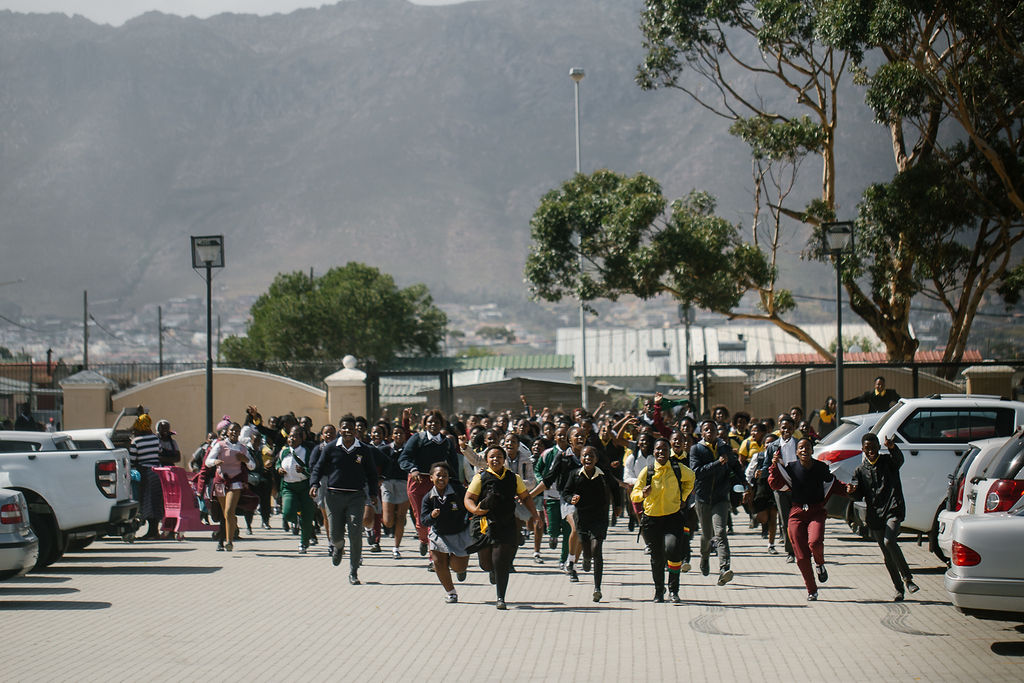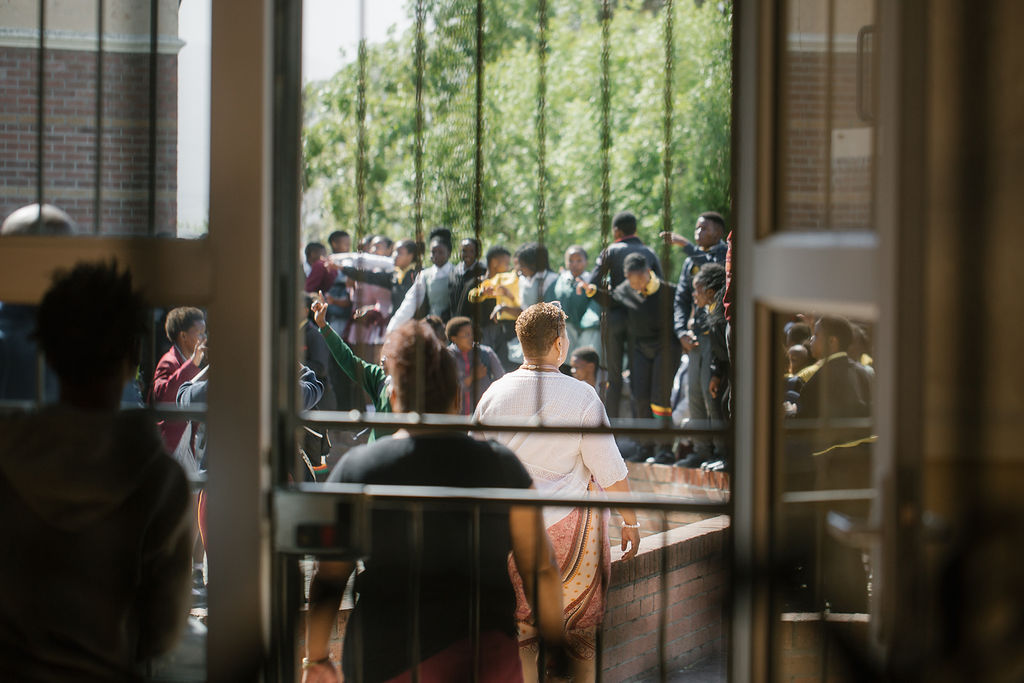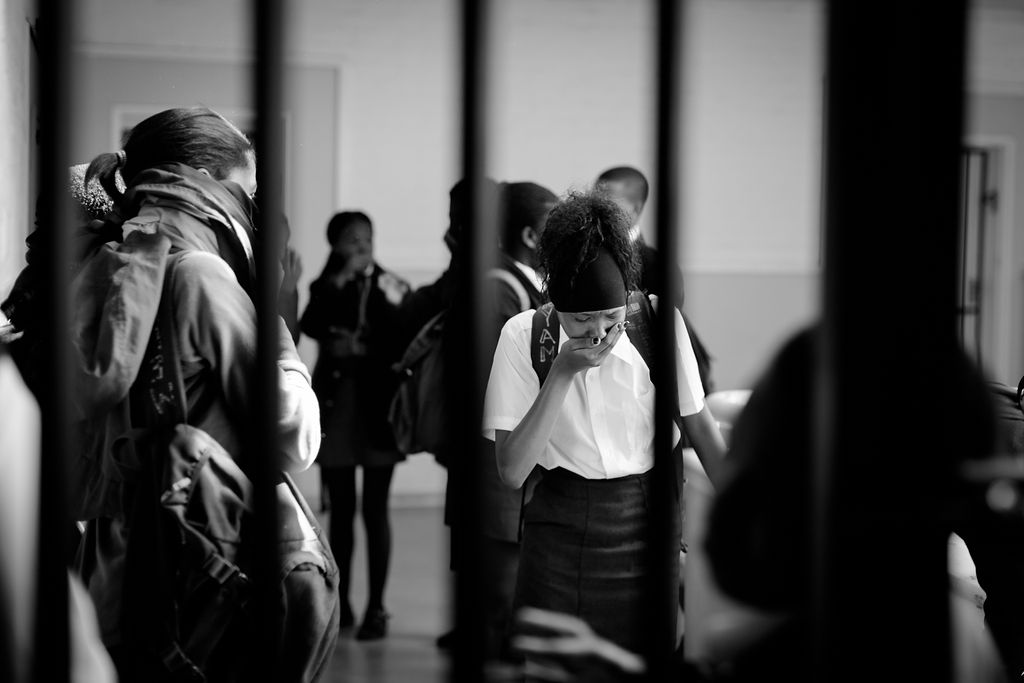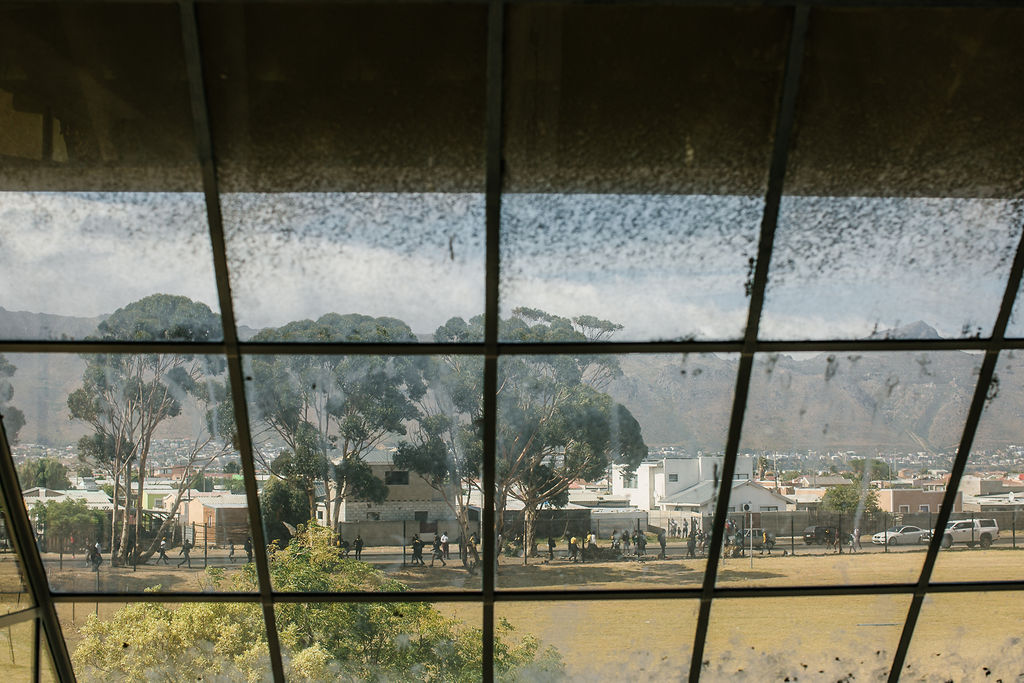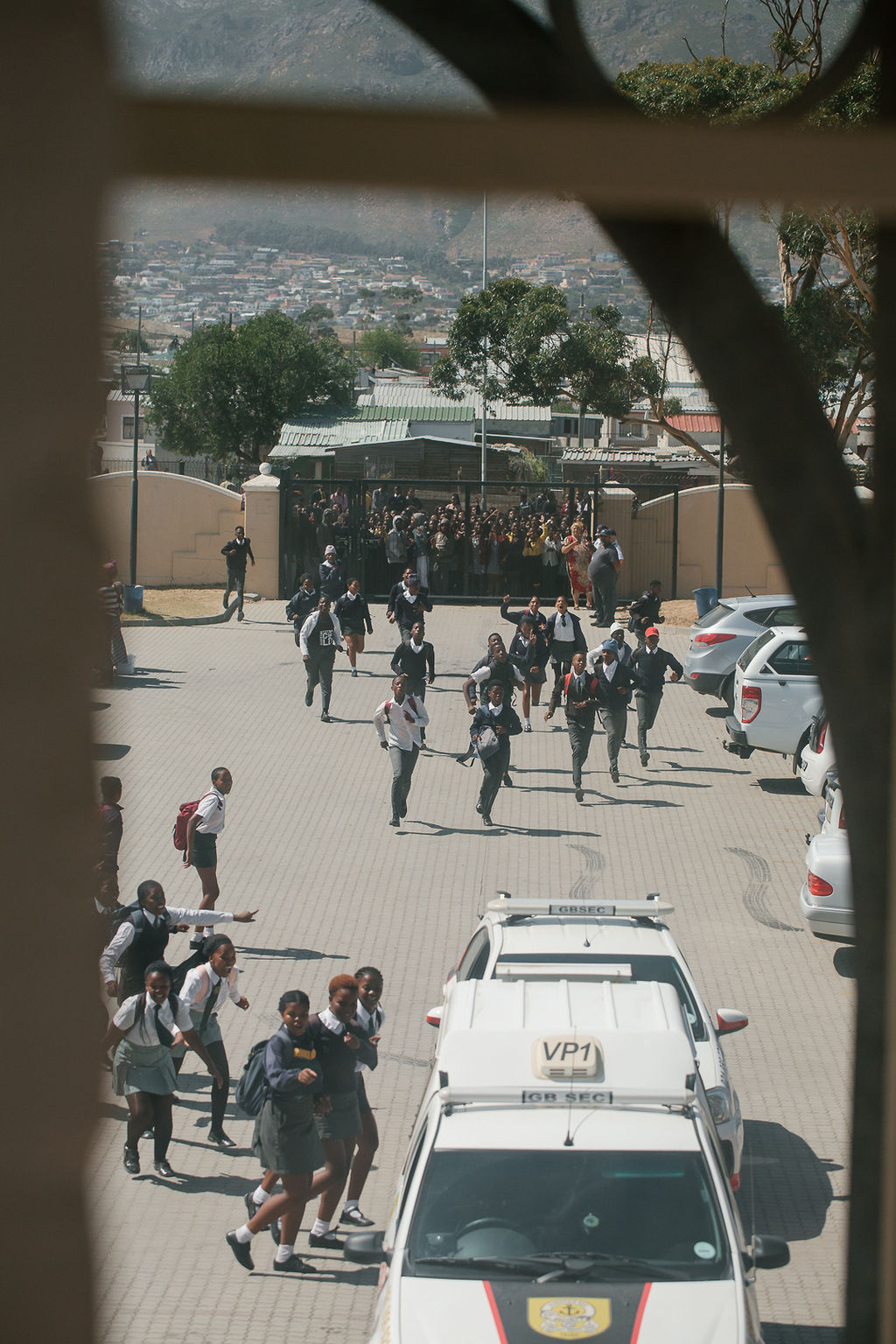In response to SONA 2020, let’s fix the fundamentals. Let’s start building Strong Schools.
There are times when we have fallen short, there are times when we have made mistakes, but we remain unwavering in our determination to build a society that is free and equal and at peace.
It is the reality of a youthful population that has more access to education than ever before and which is achieving steadily improving outcomes.It is the reality of 2.4 million children in early childhood development and pre-school.It is about the 81% of learners who passed matric last year, with an increasing proportion coming from rural and township schools.For this great achievement, we applaud the Class of 2019.Our reality is also that of the 720,000 students who received state funding for TVET colleges and universities last year.
These statistics are quantitative but what about qualitative measures? Do we experience that the youthful population is completing their matric and are subsequently ready to be contributing citizens? Sufficiently prepared to study further; be employed and have a praiseworthy work ethic; responsible enough to raise children, support a family, maintain a household, pay taxes etc. Even if there were more jobs – what kind of jobs are our children capable of doing? Not just skills wise, but character wise. Their attitudes towards democracy; their comprehension of municipal, provincial and national governmental departments and how the state and the private sector are supposed to work together to make this country better; their moral compasses … If standards are lowered, the statistics will show increased pass rates but where do we see the excellence and the quality deteriorating? In our labour force and therefore our crumbling economy, infrastructure, services and GDP. Also through the negative impact we exert on our natural environment – thoughtless and irresponsible actions that strain our water supply, trees and fresh air. So, increased pass rates are not good enough. Our schools should not be sausage machines merely pushing children through. Surely the foundation of foundation phase education is aptly named? What do you build on if there is no foundation? We cannot compromise on this. It has not proven itself over the last 25 years – schools must be organisations of the highest possible quality because they incubate our future – our future sits inside each and every young person.
This year, we fix the fundamentals.
Yes! It is not just a matter of building brand new schools, because there is a lack of schools (thousands of Western Cape children do not have access to local schools and schools are overpopulated). We also have to restore and strengthen the schools that are already standing.
The unconfirmed reason for the massive disruption, involving numerous schools in the area, is: parents of learners who did not get placed in a school came to demonstrate their unhappiness. Can you blame them? But coming to steal from 1222 high school learners who do have the privilege of attending a school, is not fair nor the answer. It is a lose-lose situation. Those who do not have a school receive no education, but those who do attend school also barely receive an education. Are we content with that? We have to protect our schools, support them, build them up, restore them, encourage them, enable them – as they literally fight daily battles that many of us have never even experienced. (Thank you to Lizelle Lötter and her mom, who were only supposed to take stock photos but ended up being documentary photojournalists. For many reasons I am so grateful for them – I love that we can partner up – together we are stronger – in mind, in action and in heart!)
The most significant contribution we can make to inclusive economic growth is in the development of appropriate skills and capabilities. The investments we make now in early childhood development and early school learning will yield great economic benefits in the next two decades – and beyond.But there are immediate interventions that we are making to improve the quality and the relevance of our educational outcomes.We are making progress with the introduction of the three-stream curriculum model, heralding a fundamental shift in focus towards more vocational and technical education.
He said it! Yes, we support the re-introduction of vocational and technical education but no curriculum or program can be implemented in a dysfunctional organisation – it would be wasted funds, wasted effort, wasted time. Let us first fix the fundamentals – the organisation, the staff, the processes and procedures to create capacity. And when? Immediately.
The president alluded to technology being introduced into schools but just after that he says, “Investment and growth require a safe, stable and crime-free environment.” This includes a school. Is the school safe, stable and crime-free in order to receive investments such as tablets or even libraries, sound systems or sports equipment. We can’t keep on handing out the fish. Schools are collections of people – we work with people – management, teachers, learners, parents. We have to train a group of people to work together to become a Strong School. Then any investment made will be sustainable and yield very valuable returns to all.
This is not the entire speech, but it all boils down to the access and the quality of teaching and training. Strong Schools believes we have a model that can transform a part of our nation’s infrastructure which directly translates into growth, employment, poverty alleviation and quality of living. South Africa should invest in Strong Schools.



